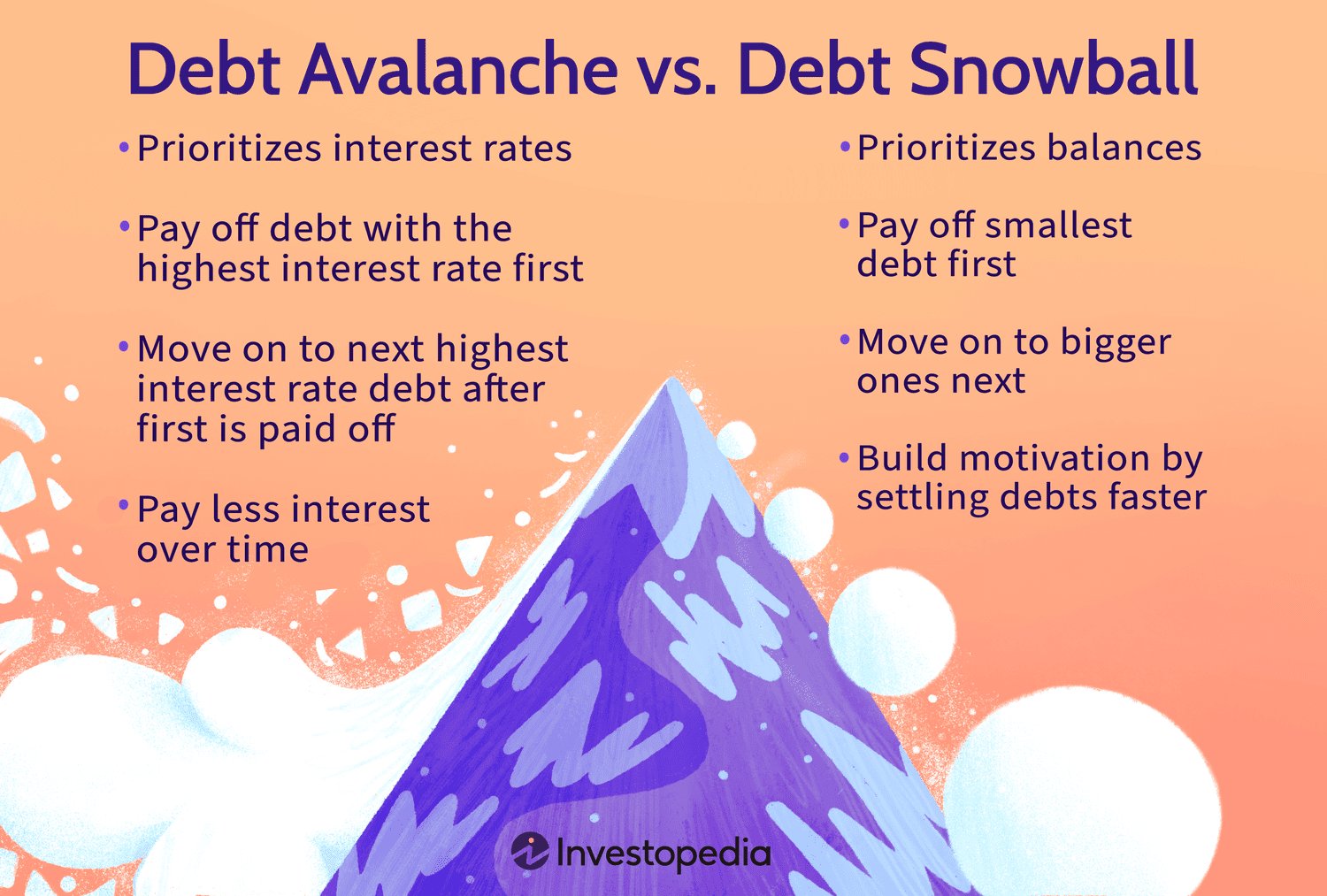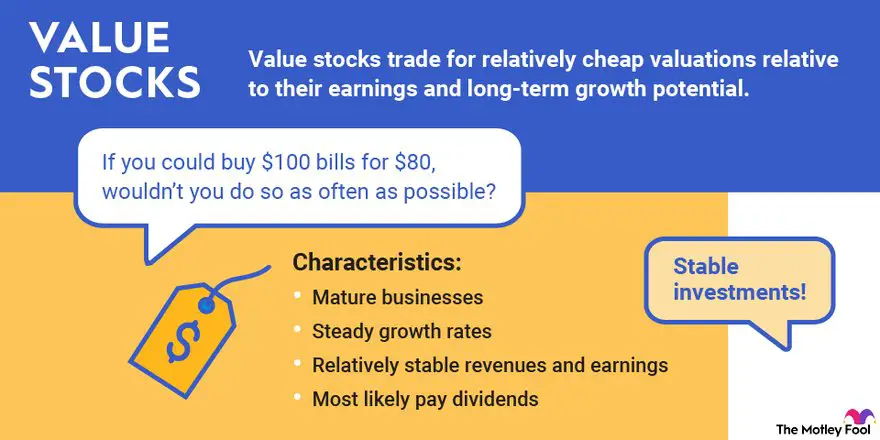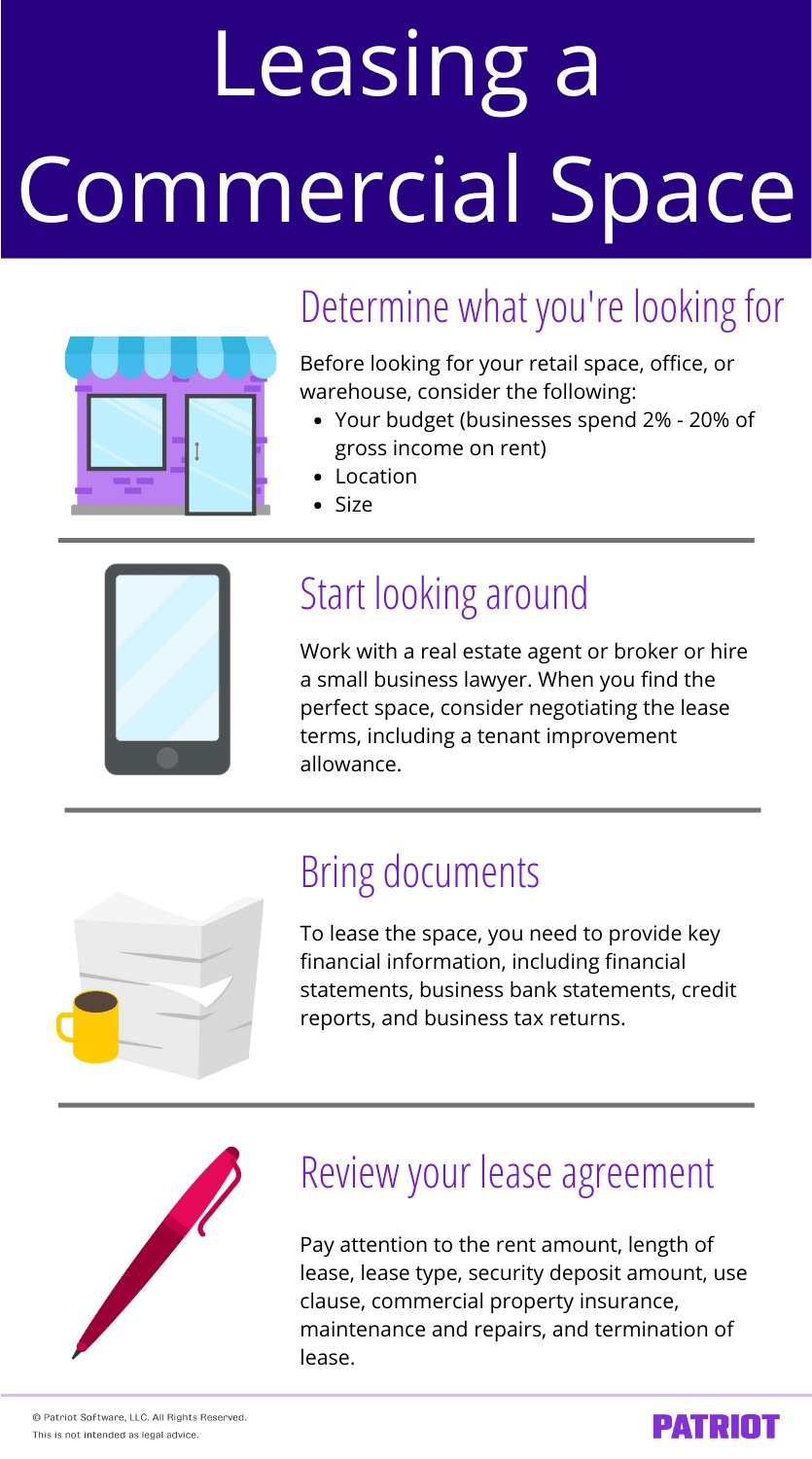Struggling to pay off high-interest debt can feel overwhelming, but there are effective strategies to help you regain control of your financial situation. In this blog article, we will delve into proven methods that can set you on the path to becoming debt-free. Whether you’re dealing with credit card balances, personal loans, or other forms of high-interest debt, these techniques will equip you with the knowledge and tools to tackle your financial challenges head-on. So, if you’re ready to take charge of your financial future and conquer your debt, keep reading for valuable insights and actionable strategies for paying off high-interest debt. It’s time to regain your financial freedom!
Strategies for Paying Off High-Interest Debt
Dealing with high-interest debt can be overwhelming and stressful, but with the right strategies in place, it is possible to regain control of your finances and pay off your debt faster. In this article, we will explore various strategies that can help you tackle high-interest debt effectively and pave the way to financial freedom.
Create a Budget and Track Your Expenses
Before diving into debt repayment strategies, it’s essential to have a clear understanding of your overall financial situation. Creating a budget and tracking your expenses is a crucial first step to gaining control over your finances. Here’s how you can get started:
- List all your sources of income: Begin by adding up your monthly income from various sources, such as your salary, side hustles, or rental properties.
- Identify your essential expenses: Determine your fixed expenses, including rent or mortgage payments, utilities, insurance, and transportation costs. These are essential monthly expenses that must be paid.
- Track discretionary spending: Look through your bank and credit card statements to identify non-essential expenses, such as dining out, entertainment, or subscriptions. Categorize these expenses and determine areas where you can cut back.
- Set realistic financial goals: Based on your income and expenses, set achievable goals for paying off your high-interest debt. Prioritize your goals based on urgency and interest rates.
By creating a budget and tracking your expenses diligently, you’ll gain a better understanding of your spending habits and identify areas where you can save money to put towards debt repayment.
Consider the Snowball or Avalanche Method
When deciding on a debt repayment strategy, two popular methods to consider are the snowball method and avalanche method. Let’s explore each of them:
The Snowball Method
The snowball method is a debt repayment strategy that focuses on paying off your smallest debt first while making minimum payments on your other debts. Here’s how it works:
- List your debts in order: Start by listing all your debts from smallest to largest, regardless of interest rates.
- Pay off the smallest debt first: Allocate extra funds towards the smallest debt while making minimum payments on your other debts. Once the smallest debt is paid off, move on to the next smallest debt.
- Continue the snowball effect: As you pay off each debt, the amount available to put towards the next debt increases. This creates a snowball effect, leading to increased momentum in paying off your debts.
The snowball method is effective for individuals who find motivation in seeing quick wins and progress. It provides a sense of accomplishment as debts are paid off one by one, boosting motivation to continue the debt repayment journey.
The Avalanche Method
The avalanche method, on the other hand, prioritizes paying off debts with the highest interest rates first. Here’s how you can implement this strategy:
- List your debts by interest rates: Arrange your debts in order from the highest interest rate to the lowest.
- Allocate extra funds to high-interest debts: While making minimum payments on your other debts, focus on aggressively paying off the debt with the highest interest rate.
- Move to the next highest interest rate debt: Once you’ve paid off the first high-interest debt, direct your efforts towards the next debt with the highest interest rate.
The avalanche method can save you money on interest payments in the long run, as it targets the most expensive debts first. However, it may take longer to see substantial progress compared to the snowball method.
Explore Debt Consolidation Options
If you’re juggling multiple high-interest debts, debt consolidation could be a viable option. Debt consolidation involves combining all your debts into a single loan with a lower interest rate. Here are a few options to consider:
Balance Transfer Credit Card
A balance transfer credit card allows you to transfer your existing high-interest credit card debt to a new card with an introductory 0% or low-interest rate for a specified period. This can provide temporary relief from high interest and allow you to focus on paying off the principal amount. Keep in mind that balance transfer credit cards often come with balance transfer fees and high-interest rates after the introductory period, so read the terms and conditions carefully.
Personal Loan
Another option is to take out a personal loan to consolidate your debts. Personal loans typically have lower interest rates compared to credit cards, making it easier to manage your debt and save on interest. However, qualifying for a personal loan may require a good credit score and stable income.
Home Equity Loan or Line of Credit
If you own a home, you may have the option to use your home equity to consolidate your debts. Home equity loans or lines of credit usually offer lower interest rates since they are secured by your property. However, keep in mind that using your home as collateral puts it at risk if you are unable to make the payments.
Before opting for debt consolidation, carefully consider the terms and fees associated with each option. It’s important to calculate whether the potential interest savings outweigh any fees involved.
Boost Your Income and Cut Expenses
Increasing your income and cutting expenses are two effective ways to accelerate your debt repayment journey. Here are some strategies to help you achieve this:
Take on a Side Hustle
Consider taking on a part-time job or starting a side business to generate extra income. This additional income can be solely dedicated to paying off your high-interest debt. Explore opportunities that align with your skills and interests, such as freelance writing, tutoring, pet sitting, or driving for ride-sharing services.
Reduce Discretionary Spending
Take a close look at your discretionary spending and identify areas where you can cut back. Consider these money-saving tips:
- Limit dining out and prepare meals at home
- Cancel unused subscriptions
- Shop with a list and avoid impulse purchases
- Use coupons and take advantage of sales
- Reduce energy consumption to lower utility bills
Small changes in your spending habits can add up significantly over time, providing extra funds to put towards your debt repayment.
Negotiate Lower Interest Rates
High-interest rates can significantly prolong your debt repayment journey. It’s worth reaching out to your creditors and discussing the possibility of lowering your interest rates. Here’s how you can negotiate lower interest rates:
- Research the competition: Before contacting your creditors, research the current interest rates offered by their competitors. This information will give you leverage during negotiations.
- Prepare your case: Outline your repayment history, creditworthiness, and any hardships you are currently facing. Explain why a lower interest rate would help you stay on track with your debt repayment.
- Call your creditors: Contact your creditors directly and express your desire for a lower interest rate. Be polite, persistent, and prepared to negotiate.
- Consider professional help: If negotiating on your own proves challenging, you can seek the assistance of a credit counseling agency. They can negotiate with your creditors on your behalf.
Lowering your interest rates can save you money and make it easier to pay off your debts faster. However, note that not all creditors may be willing to negotiate, so it’s essential to be prepared for different outcomes.
Seek Professional Assistance
If you find it challenging to navigate your debt repayment journey on your own, don’t hesitate to seek professional assistance. Credit counseling agencies can provide valuable guidance and support throughout the process. Here’s how they can help:
- Create a customized debt repayment plan tailored to your financial situation
- Negotiate with your creditors to lower interest rates or waive fees
- Provide financial education and budgeting tools
- Offer ongoing support and guidance
Working with a credit counseling agency can provide you with the expertise and tools necessary to pay off your high-interest debt efficiently. Just ensure you choose a reputable agency that has your best interests in mind.
Remember, paying off high-interest debt takes time and discipline. Stay committed to your repayment plan, track your progress regularly, and celebrate milestones along the way. With perseverance and the right strategies, you can become debt-free and achieve financial peace of mind.
How to Pay Off High Interest Credit Card Debt
Frequently Asked Questions
Frequently Asked Questions (FAQs)
What are some effective strategies for paying off high-interest debt?
One effective strategy for paying off high-interest debt is the snowball method. This involves paying off your smallest debt first and then moving on to the next smallest. Another strategy is the avalanche method, where you prioritize paying off debts with the highest interest rates first. Additionally, you can consider debt consolidation to combine multiple high-interest debts into a single loan with a lower interest rate.
How can I create a budget to help pay off my high-interest debt?
To create a budget, start by calculating your total monthly income and listing all your expenses. Differentiate between essential expenses (such as housing, utilities, and groceries) and discretionary expenses (such as entertainment and eating out). Allocate a portion of your income towards debt repayment and adjust your discretionary spending accordingly. Regularly track your expenses to ensure you stick to your budget.
Is it better to make minimum payments on all debts or focus on one at a time?
Focusing on one debt at a time is generally more effective for paying off high-interest debt. By concentrating your efforts on a single debt, you can make larger payments and potentially pay it off sooner. However, it’s important to continue making at least minimum payments on other debts to avoid penalties and negative impacts on your credit score.
Should I consider negotiating with creditors to lower interest rates?
Yes, negotiating with creditors to lower interest rates can be a beneficial strategy. Contact your creditors and explain your financial situation, emphasizing your commitment to paying off the debt. They may be willing to lower your interest rate temporarily or permanently. Remember, it’s important to be proactive and communicate with your creditors to explore all possible options.
Are there any additional sources of income I should consider to accelerate debt repayment?
Absolutely! Aside from your primary source of income, you can explore various options to generate additional income. This can include taking on a part-time job, freelancing, or selling unused items. Use the extra income to make larger debt payments and expedite your debt payoff process.
Should I use my savings to pay off high-interest debt?
Using your savings to pay off high-interest debt depends on your specific circumstances. Evaluate the interest rates on your debts compared to the return on your savings. If the interest rates on your debts are higher than what you’re earning on your savings, it may be beneficial to use some of your savings to pay off the debt. However, ensure you maintain an emergency fund to cover unexpected expenses.
What steps can I take to avoid accumulating more high-interest debt?
To avoid accumulating more high-interest debt, you can create a budget to track your expenses, develop an emergency fund, and avoid unnecessary or impulsive purchases. Additionally, try to negotiate lower interest rates with creditors and consider seeking professional financial advice for better debt management strategies.
How long does it usually take to pay off high-interest debt?
The time it takes to pay off high-interest debt depends on various factors, including the amount of debt, your repayment strategy, and your available resources. It can range from a few months to several years. By consistently following your repayment plan and making regular payments, you’ll make progress towards becoming debt-free.
Final Thoughts
In summary, when it comes to paying off high-interest debt, there are several effective strategies that can help individuals regain control of their finances. One strategy is to create a budget and stick to it, ensuring that a portion of income is allocated towards debt repayment. Another approach is to prioritize debts based on interest rates and focus on paying off the highest interest debts first. Additionally, exploring options such as debt consolidation or negotiating with creditors can also be valuable strategies for managing high-interest debt. By implementing these strategies, individuals can take significant steps towards achieving financial freedom and alleviating the burden of high-interest debt.



